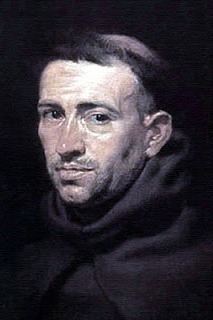
Personal info
Known for
Ultimate Talent
Gender
Male
Birthday
Location
England, United Kingdom
Edit pageWilliam of Ockham
Biography
William of Ockham (c. 1287–1347) was an English philosopher, theologian, and Franciscan friar, best known for his contributions to logic, epistemology, and the philosophy of language. Born in the village of Ockham in Surrey, England, he studied and later taught at the University of Oxford, where he developed ideas that would challenge traditional scholastic thought and influence the development of modern philosophy and science.
Ockham is most famous for the principle known as “Ockham’s Razor”, which states that one should not multiply entities beyond necessity. In simpler terms, the idea suggests that the best explanation for any phenomenon is usually the simplest one that fits the facts. This principle became a cornerstone of scientific reasoning and logical analysis, promoting clarity and economy of thought.
A committed theologian, Ockham engaged deeply with questions about faith and reason. He argued for the separation of theology and philosophy, asserting that while faith is based on divine revelation, reason should rely on evidence and logic. This view marked a significant shift from earlier medieval thinkers like Thomas Aquinas, paving the way for greater intellectual freedom in philosophy and science.
Ockham also became involved in political and religious controversies. He criticized the papacy for claiming excessive temporal power and defended the autonomy of secular rulers. His writings on church-state relations anticipated later ideas about individual rights and the limits of authority.
Forced to flee papal persecution, Ockham spent his later years in exile in Germany, continuing his philosophical and political work until his death around 1347.
William of Ockham’s legacy endures as a champion of logical rigor, simplicity, and intellectual independence. His insistence that explanations should be no more complex than necessary continues to guide thinkers across disciplines—from philosophy to science to modern problem-solving.